#Seeds of Hope
Text
So, I've been reading 'Seeds of Hope' by Jane Goodall, because I am curious to what other people are saying about plants, and this book truly delivered. I've been introduced to some past plant drama in the world and that was incredible lore that should have been taught in history.
Apparently, when people first discovered tulips, they were so intensely valuable and popular, that people would trade huge amounts of money, diamonds, or even acres of land, for just one bulb. People were pre-paying for bulbs that didn't even exist yet, they would pre-order bulbs that are not yet even made. One servant ate a bulb thinking it was an onion and he got jail time for it. And I mean they're all correct, tulips just are that good.
There was also a lot of, much sadder drama about orchids; I didn't know this, but they originally grow very high up in the trees, and people were competing for discovering new and rare species. These rare and exotic species would then be displayed in rich people's gardens. Because they became so valuable, poachers would go trough the forests and take almost all of the orchids in there, making them near extinct in nature. This was resolved by orchid gardeners carefully growing them, multiplying and sharing to the point where they were sold commercially, which lessened their value on the black market, so there was no need to pillage them from the forests anymore. Growing rare plants is protection of them!
The book goes on to talk about botanic gardens, herbariums, and the value of collecting and archiving plant material, which is then showing us the effects of climate change, and stores valuable information about what is happening to the plants. It made me want to start a herbarium for sure, I'm always stressed about the loss of local plants, and it's happening more and more as green areas are cleared out.
The book touches upon plants that people have found harmful, such as plants that people make drugs out of; she clears it out to us that these plants are sacred to the native people who grew up with them, and creating drugs from them is in fact, abuse of these plants, and offensive to the communities who hold them sacred, and use them in appropriate doses as medicine. The book talks a lot about plant medicine! Apparently the pharmacy companies have been learning the knowledge about medicinal plants from native people who knew how to use plant medicine, and then the pharmacy would make medicine from those same plants, and profit off of it, without giving any credit or profit to the communities they got this knowledge from, which is not great. But then the demand for this medicine would go so high, they would go and gather all, or almost all medicinal plants from the areas where native people lived, devastating their medical supplies and natural habitats. Book goes on to question the ethics of acquiring medicine in this way, and never informing people where it came from, or what was sacrifices in order for the world to have it.
Similar things happened with valuable crops that are grown in native areas; once the demand for these crops grew, big monocrop fields were established, damaging the land and the local ecosystem, killing millions of animals who lived there, and sometimes forcing people or children into modern slavery, in order to grow them. Coffee, cocoa beans, vanilla beans, palm oil; they've been described as specifically devastating for the communities and the environment. But the book doesn't condemn these foods at all, instead the author goes on to describe, what has been done to improve this. Instead of monocrops, which are devastating for the environment, people are now taught to grow fruit trees in the same fields as coffee, which makes the coffee plants healthier and stronger, and creates and environment where some plants and animals can thrive. I personally don't believe you should have only 2 or 3 plants in a big area, I think you need about 3 millions, but it's a progress from monocrops.
The author describes finding and helping the local farmers who found ways to healthy, natural and non-damaging growing of these plants, and she helped them sell it! She also encourages buying organic food because it helps if the demand for non-monocrop food is growing.
Now there's a section of the book standing strongly against GMO foods, and for some reason I never heard any arguments against gmo, I didn't understand much about the harm coming from them, so I was very curious to hear this. The author explained how 47 million dollars was spent just for lobbying for GMO, which explains why all my information on gmo was positive, and I remember hearing it was 'the best way to reduce world hunger', but the world hunger is still a problem, so it obviously did not succeed. But now I have a better understanding of what it is.
GMO foods were specifically developed to have pesticides inside of them, so they'd be poisonous to pests, but not to people eating them. The research on whether they're poisonous to animals showed that the animals who ate them long term, had their inner organs irritated, enlarged, stomach infections, and had higher risk of cancer. So it was not proven to be safe, but it ended up in the stores anyway; the author says that about 70% of food in american supermarkets has unlabelled gmo, which is scary to think about. She also explains that this is the reason so many people in america are now trying to grow food at home, they don't want to be poisoned by pesticides.
GMO foods were specifically designed to support monocrops, and to protect them pests; this worked out in creating more and more bugs that are resistant to the pesticides, and farmers have reported the appearance of 'superbugs', which are resistant to any kind of pesticide. There's now also 'superweeds', which are resistant to herbicide. The industry is trying to develop new pesticides and new herbicides, in order to counter these new problems, but it is obvious that they're only sinking deeper and deeper; monocrops are unsustainable. Poisoning the earth and the plants, and even the seeds, is not going to lead to the end of world hunger. Farmers are often ending up losing their entire farms due to new bugs that are now thriving because all of their competition has been eliminated by pesticides, they're now the only bug and they can eat up the entire crop easily.
The other problem of GMO crops is that they're spreading their seeds and mixing with the natural crops, making them into GMO crops as well. According to the author the canola crops has already been lost, now all canola existing is genetically modified.
I'm dissatisfied with this knowledge, but it's better to know and be aware rather than to be in the dark. The author suggests designing living spaces that have gardens in them, and encouraging local community to garden, as well as planting city gardens, where food would grow for everyone. She goes on to describe the efforts of universities and cities who already had built their own living gardens in order to support the community, and how it worked to create a more beautiful, life-sustaining, happier place. She even explained how having local gardens makes the crime rate lower.
I loved this book, it had the environment awareness that can only be compared to Greta Thunberg's book, it described trees and plants so lovingly, and the connection people have with them. It showed me there's so many people fighting to save the forests and grasslands and native plants, and it's an effort that will make a big difference to how we get to live on this planet in the future.
#jane goodall#seeds of hope#book review#reading#environmentalism#climate change#gmo#gmo foods#monocrops#gardening#environmental
61 notes
·
View notes
Text
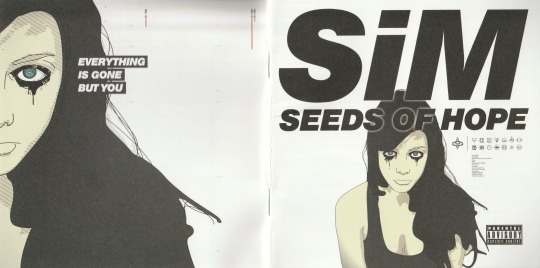



2 notes
·
View notes
Text
"Inspired by an innovative Chilean forest restoration effort, the English town of Lewes is enlisting the help of dog walkers to rewild a local nature reserve.
Heavily degraded by foot traffic, the project co-opts dogs’ tendency to run about in the woods to spread wildflower seed from saddlebags strapped to a harness around the dog’s abdomen.
The idea mimics the function that wolves once played in that part of England, roaming over vast distances getting grass and flower seeds stuck in their coat, only to fall off and germinate somewhere else.
This helter-skelter seed-spreading is actually how many plants evolved to reproduce, and it’s key to maintaining a biodiverse and native ecosystem.
“We’re really interested in rewilding processes, but they often involve reintroducing big herbivores like bison or wild horses,” said manager Dylan Walker from the Railway Land Wildlife Trust who organized the project back in 2019.
“In a smaller urban nature reserve it’s really hard to do those things. So, to replicate the effect that those animals have on the ecosystem we aimed to utilize the vast number of dog walkers that are visiting the nature reserve daily.”
The saddlebags are filled with a variety of perennial plant seeds mixed together with sand. This allows the seed to be spread for longer across larger distances, while also providing a helpful tracking sign to inform the Trust’s employees where dogs are walking.
THE REWILDING MOVEMENT IN ENGLAND…
Salmon Return to the Heart of UK for First Time in 100 Years After Dam Removal: ‘It’s very rewarding’
‘Give Nature Space and it Will Come Back’: Rewilding Returns Endangered Species to UK Coast
Farmer Combats Flooding by Returning Creeks to Nature: ‘Wildlife That Has Come is Phenomenal’
Finally Rid of Invasive Shrubs, Scientists Use Lichen to Regrow the Celtic Rainforest in Loch Lomond, Scotland
2 Beavers Named Hazel and Chompy Reintroduced to English County–the First Ones to Live Here in 400 Years
“I signed up because it sounded like such a good fit. I was asked to place a harness on my chocolate cocker spaniel called Bertie and he ran around spreading seeds like wolves used to do many years ago,” Cressida Murray, a dog walker who regularly uses the nature reserve, told The Guardian.
Wolves were persecuted to extinction in England as early as the reign of Henry VII, who reigned during the latter third of the 15th century.
“A community-based project like this not only helps engage and teach people about the ecological impacts of wildlife but also allows us to make our wildlife and environments richer in the process,” said Walker."
-via Good News Network, July 30, 2024
#rewilding#cocker spaniel#dogs#doggos#animals#england#uk#wolves#ecosystem#ecology#wildflowers#seeds#plants#hope#dog walking#nature reserve#good news
3K notes
·
View notes
Text
Gathering: Festival of First Nations Stories June 1-4, 2023, feat. Tom Wilson and Tomson Highway
Gathering: Festival of First Nations Stories returns!This four-day event at Rama and St. Paul’s features internationally celebrated First Nations authors, storytellers, and presenters – June 1-4, 2023Programs are being hosted by the Chippewas of Rama First Nation and St. Paul’s Centre and we are grateful to work collaboratively with the Gojijing Truth and Reconciliation Roundtable, Barrie Area…

View On WordPress
#Canada Arts presentation Fund#Canada Council for the Arts#Chippewas of Rama First Nation#city of Orillia#First Nations#Gathering#Gojijing#Mariposa Folk Festival#orillia#Rama#Seeds of Hope#St. Paul&039;s Centre#Tom Wilson#Tomson Highway
1 note
·
View note
Text

these 4 have the potential to start a gardening club
close ups + initial sketch under the cut
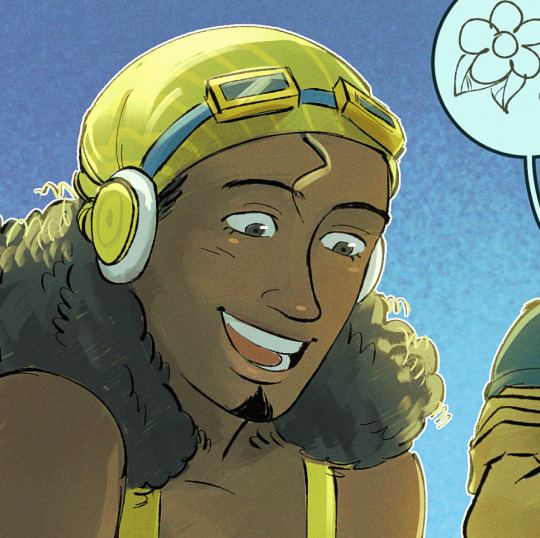

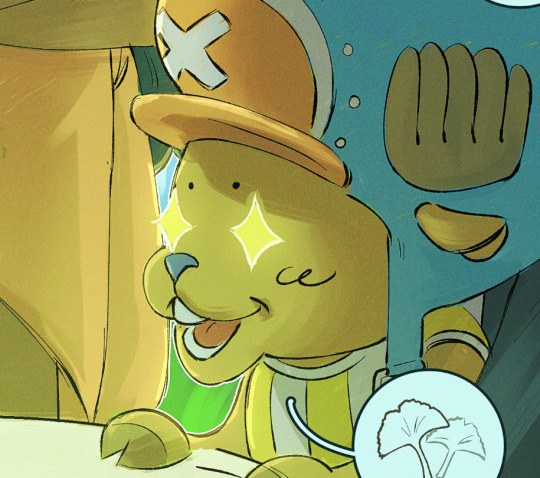

and heres where it began
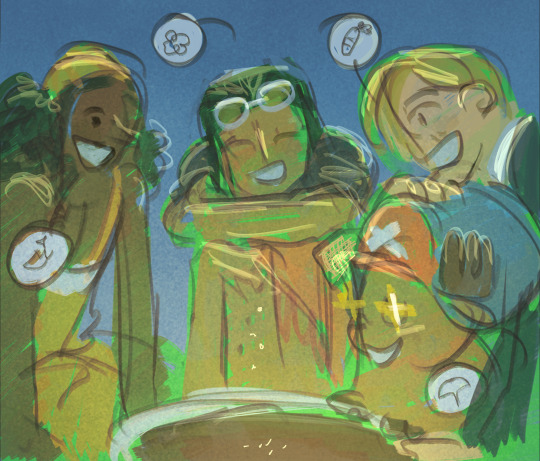
#the idea is that they got some mystery seeds and they're all hoping for plants that would suit them#one piece#one piece art#one piece fanart#fanart#myellowart#ussop#ussop op#nico robin#robin op#tony tony chopper#chopper#sanji#black leg sanji#strawhat pirates
2K notes
·
View notes
Text
Hinoki, Caretaker of the Forest and it's Seedlings 🐇 🌰
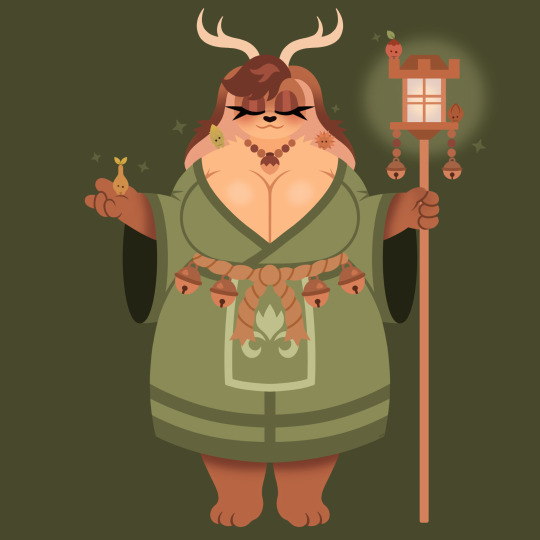
#nay draws#nay ocs#hinoki#jackalope#her name is based off a cypress tree!#she hangs blessed bells around the forest to keep it healthy#she watches over the seed spirits who hope to become a big tree someday#she also guides those who are lost..#hope you like her (0:
930 notes
·
View notes
Text
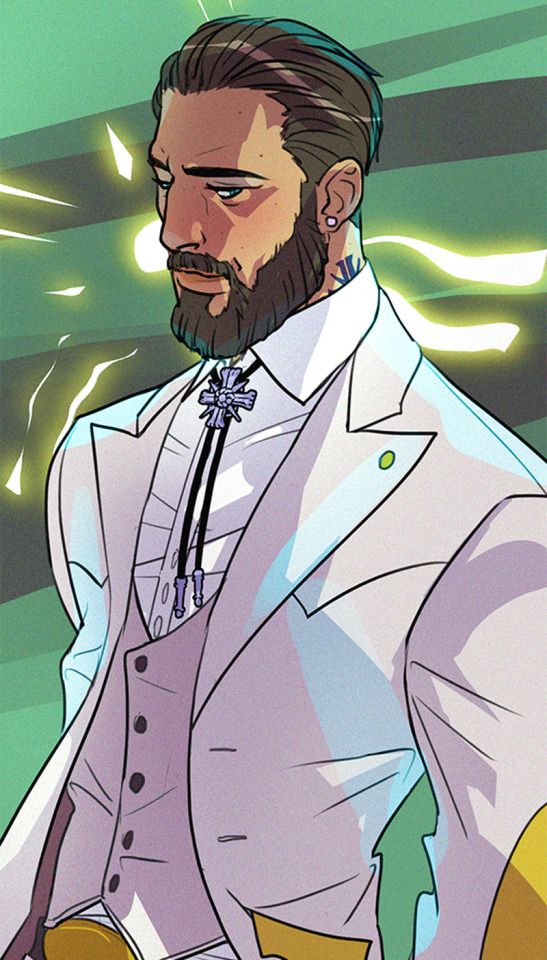
Character requests 9/9
jawn.jpeg
#for ziorre <3#and sweetbunberry 🤭#BUNBERRY i need you to know your ask has haunted me for over 3 years i hope you see this 😂🤞#if you see it you see it if you know you know#john seed#*john seed#far cry 5#fc5#my art#for the character requests
285 notes
·
View notes
Text
I’ve been enjoying some premature ejaculation thoughts recently and it’s probably time to talk about them before they makes me even dizzier 🤤
Just the thought of slipping Bucky’s thick, leaking dick slowly inside you while you’re on top. The glide down on top of him is wonderful and when he’s as deep inside you as you can manage, you take a second to just enjoy feeling stuffed full.
You feel him throbbing inside you, his dick twitching and although he’s trying to keep it together, he’s determined not to let you know that.
After a couple of seconds, you raise your hips and let them fall again, working just a couple of inches towards the base of his cock.
You do the same again a few more times, barely establishing a rhythm before you feel Bucky’s grip on your hips tighten. “You have to slow down for me, sweetheart.”
The strain in his voice floods you with panic for a second and you stop moving.
“Does it hurt? We can try a different position if you like.” You cradle his face with one hand while holding yourself up with the other, staying as still as possible.
“It doesn’t hurt. Just might not last very long like this. Feels so good.” He’s a little embarrassed to admit it but he’s got nothing to worry about.
“Oh? You like this?” You roll your hips once more and enjoy the sharp intake of air it forces into your partner. “Is this too much for you?”
He nods sheepishly, aware of how much he wants this but of how much he wants to please you too.
“You gonna cum inside me already?” You tease, biting your bottom lip while you raise your hips up, letting him slide almost entirely out of you before sinking back down.
The moan it draws from him is beautiful but you’re not stopping there. “You are, aren’t you? You’re going to stuff my pretty pussy full of cum for me. Gonna make sure you have nothing left tonight.”
“Fuck, fuck.” He groans, his hands gripping your waist, pressing you down so he can finish as deep inside you as he can. His face is scrunched in pleasure while his hot cum shoots in thick ropes against the walls of your eager pussy.
There’s something so satisfying in the knowledge that it took no time at all for him to finish and if the rest of the evening is like this, it’ll be a whole lot more fun than you imagined.
#becca’s thots#becca writes spice#subby!bucky#Idk this scratches such an itch for me#brain starts purring at the thought of this#and on a more wholesome note#I planted some strawberry seeds this week!!#really excited about them#I hope they turn out okay 🥺
878 notes
·
View notes
Text
brought to you by all the things people have literally said to me in 100% earnest
#asexual#acespec#asexual rights#I’m so tired#but I’m hoping some awareness or at least some community comes from the seeds of hate I am currently weeding from my garden#aphobia cw#aphobia
1K notes
·
View notes
Text


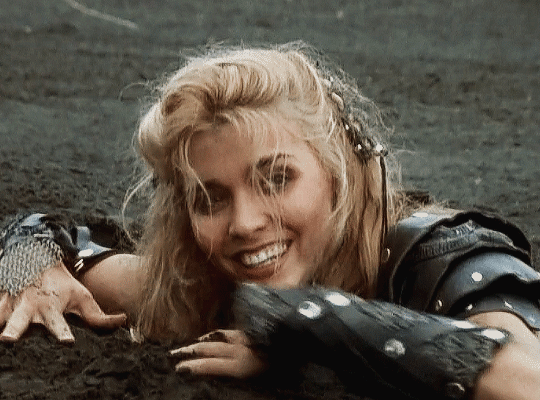
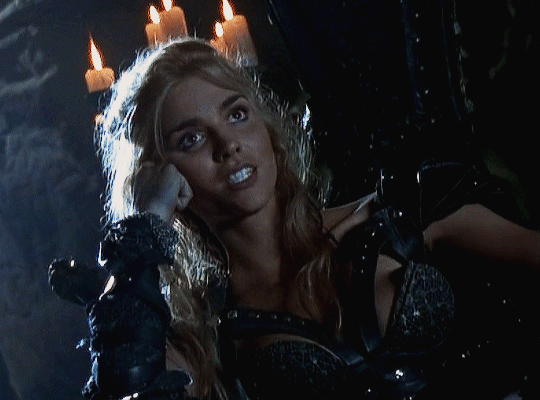

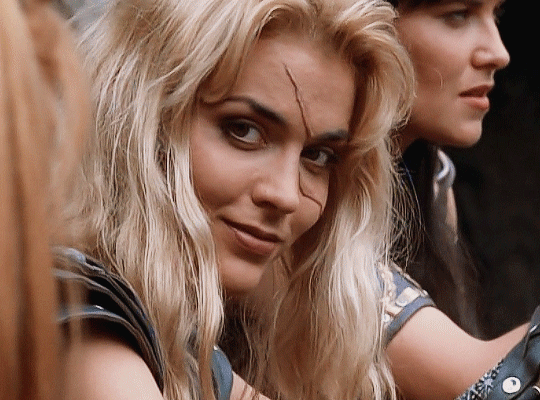
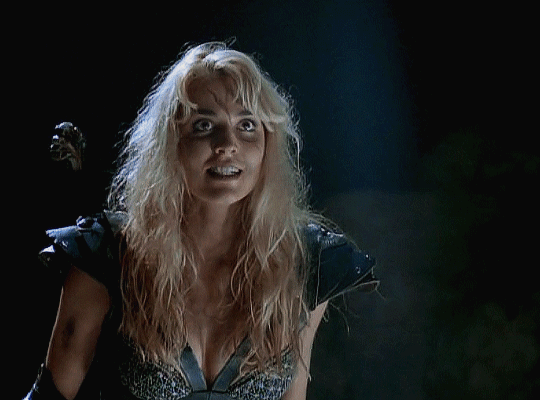
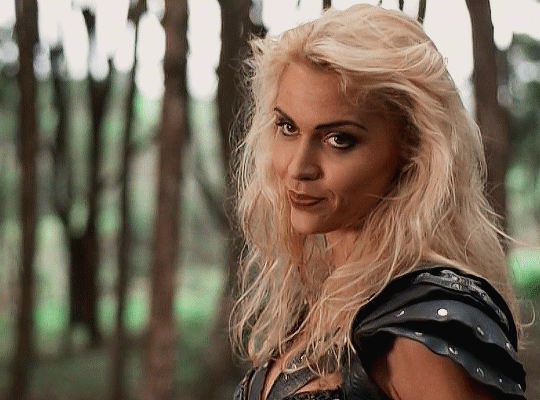

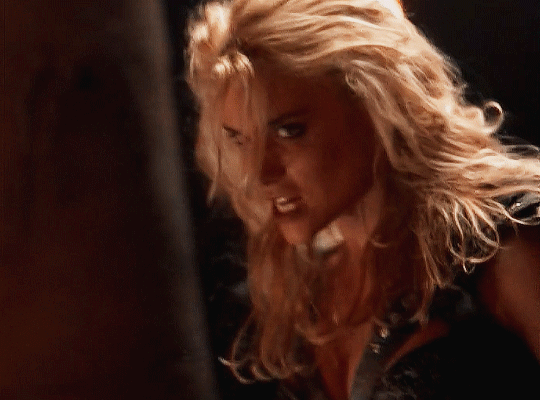
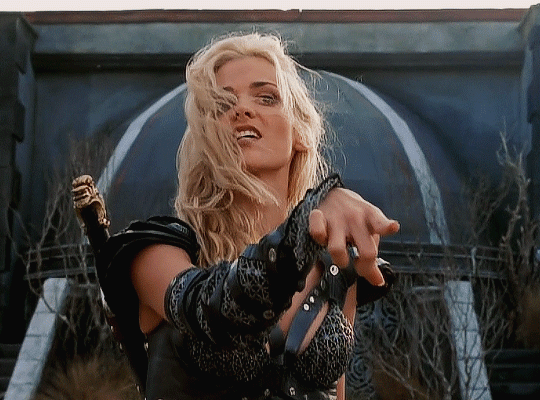




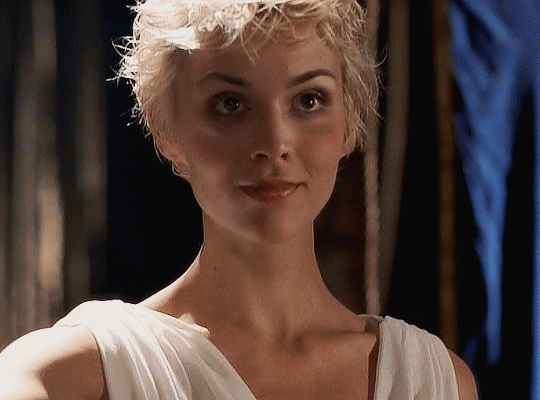

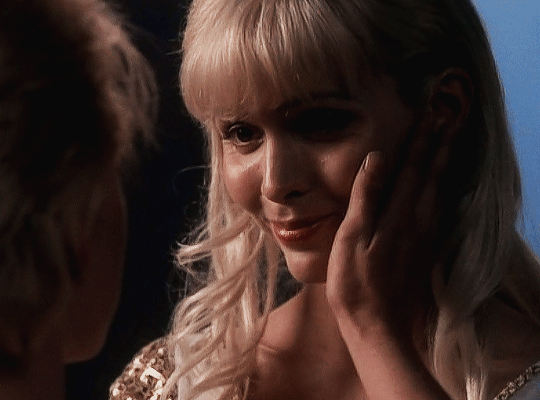
Callisto through the seasons ⚔️ for anon
#xena warrior princess#callisto#xenaedit#xwpedit#hudson leick#tvedit#dailyflicks#gif*#xena*#ended with fallen angel instead of seeds of faith bc my coloring was just not working and I need to finish packing atp asdkj#anyway she <3 hope you like it 🫶
1K notes
·
View notes
Text
Pov : You're once again stalked by a local hobo mountain man at night.

#-myart#[ lol I draw this back in the 2017 just found it again xD ]#[ hope i made some laugh with this ]#far cry 5#far cry#fc5#jacob seed#far cry 5 jacob seed#fc5 jacob seed#doodle
182 notes
·
View notes
Text
i'll be the first to say that Ulf is an idiot, but at the same time he's right. he treats the blacks the way they've never been treated before: as normal people. and it bothers them because they feel themselves above the smallfolks. that people should obey them and be silent when they speak because they're the authority. not only monarch but dragon riders. Ulf is there treating them like they're normal people and they HATE IT. but for how rude and out of place Ulf gets framed and shot when he asks for more wine/food he's the proof of how common people are always in service of the powerfuls' whims. if they didnt need him they wouldnt have him at their table. the court it's a place for people who respect manners and are never annoying.
Because we saw how people in kings landing starving and dying how dares he asking for more good food at dinner? doesnt he know he's a guest and he better be grateful with what he has?
Because Rhaenyra will make them knights even tho without them she wouldnt even be queen. "We'll be knights...Just like that" he says, because titles are freely given by the queen, yes just like that.
How dares he be a little loud at dinner? HOW DARES HE ANSWER RHAENYRA's pretence at politness by keeping her accountable?
"A knight will comport himself with grace at the queen's table"
"Best make me a knight, then"
"You forget yourself...friend" Jace says, and in the background we see the knight of the queen's guard putting a hand on his sword, after his oath of protecting the innocents like Criston Cole reminded us a few minutes before.
you've done things we didnt even know was possible // Remember your place // this war will kill thousands // "will you stay here and make yourself easy? If you hinder our efforts through sloth or unreadiness, I'll see you hanged and your body fed to the dogs in the street" // we want to avoid bloodshed
Now, this is the pick-your-favourite-war-criminal show so i'm not saying the blacks are evil. i'm sure the greens will act just as them. I think it's interesting to see the parallels of in-story propaganda of the crown and their action, that Rhaenyra's waiting to fight was never about avoiding war, but because she knew she'd lost.
when you cant stand even the idea of having smallfolk at your table or them dearing to treat you like one of them it was never about saving people's life.
#ulf the white#ulf hotd#house of the dragon#hotd#hotd spoilers#the queen who ever was#ulf is the only real one#like i see the writers have already planted the seeds of him getting mad with that sliver power he has#i dont have high hopes for him#but right now he's right in treating them like normal people#people in power are never your friends. not even the ones the show portrait as good
198 notes
·
View notes
Text
"In response to last year’s record-breaking heat due to El Niño and impacts from climate change, Indigenous Zenù farmers in Colombia are trying to revive the cultivation of traditional climate-resilient seeds and agroecology systems.
One traditional farming system combines farming with fishing: locals fish during the rainy season when water levels are high, and farm during the dry season on the fertile soils left by the receding water.
Locals and ecologists say conflicts over land with surrounding plantation owners, cattle ranchers and mines are also worsening the impacts of the climate crisis.
To protect their land, the Zenù reserve, which is today surrounded by monoculture plantations, was in 2005 declared the first Colombian territory free from GMOs.
...
In the Zenù reserve, issues with the weather, climate or soil are spread by word of mouth between farmers, or on La Positiva 103.0, a community agroecology radio station. And what’s been on every farmer’s mind is last year’s record-breaking heat and droughts. Both of these were charged by the twin impacts of climate change and a newly developing El Niño, a naturally occurring warmer period that last occurred here in 2016, say climate scientists.
Experts from Colombia’s Institute of Hydrology, Meteorology and Environmental Studies say the impacts of El Niño will be felt in Colombia until April 2024, adding to farmers’ concerns. Other scientists forecast June to August may be even hotter than 2023, and the next five years could be the hottest on record. On Jan. 24, President Gustavo Petro said he will declare wildfires a natural disaster, following an increase in forest fires that scientists attribute to the effects of El Niño.
In the face of these changes, Zenù farmers are trying to revive traditional agricultural practices like ancestral seed conservation and a unique agroecology system.
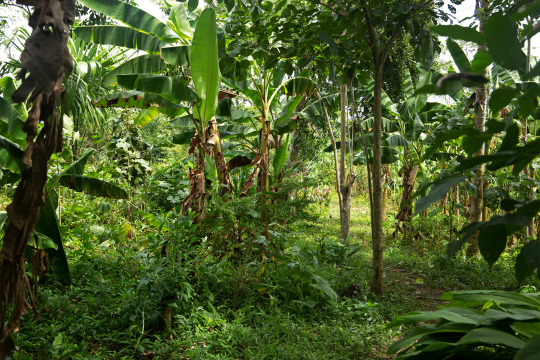
Pictured: Remberto Gil’s house is surrounded by an agroforestry system where turkeys and other animals graze under fruit trees such as maracuyá (Passiflora edulis), papaya (Carica papaya) and banana (Musa acuminata colla). Medicinal herbs like toronjil (Melissa officinalis) and tres bolas (Leonotis nepetifolia), and bushes like ají (Capsicum baccatum), yam and frijol diablito (beans) are part of the undergrowth. Image by Monica Pelliccia for Mongabay.
“Climate change is scary due to the possibility of food scarcity,” says Rodrigo Hernandez, a local authority with the Santa Isabel community. “Our ancestral seeds offer a solution as more resistant to climate change.”
Based on their experience, farmers say their ancestral seed varieties are more resistant to high temperatures compared to the imported varieties and cultivars they currently use. These ancestral varieties have adapted to the region’s ecosystem and require less water, they tell Mongabay. According to a report by local organization Grupo Semillas and development foundation SWISSAID, indigenous corn varieties like blaquito are more resistant to the heat, cariaco tolerates drought easily, and negrito is very resistant to high temperatures.
The Zenù diet still incorporates the traditional diversity of seeds, plant varieties and animals they consume, though they too are threatened by climate change: from fish recipes made from bocachico (Prochilodus magdalenae), and reptiles like the babilla or spectacled caiman (Caiman crocodilus), to different corn varieties to prepare arepas (cornmeal cakes), liquor, cheeses and soups.
“The most important challenge we have now is to save ancient species and involve new generations in ancestral practice,” says Sonia Rocha Marquez, a professor of social sciences at Sinù University in the city of Montería.
...[Despite] land scarcity, Negrete says communities are developing important projects to protect their traditional food systems. Farmers and seed custodians, like Gil, are working with the Association of Organic Agriculture and Livestock Producers (ASPROAL) and their Communitarian Seed House (Casa Comunitaria de Semillas Criollas y Nativas)...
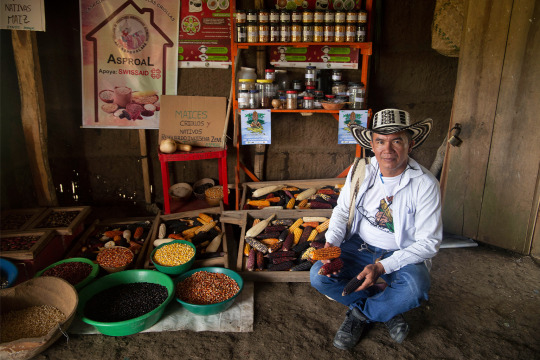
Pictured: Remberto Gil is a seed guardian and farmer who works at the Communitarian Seed House, where the ASPROL association stores 32 seeds of rare or almost extinct species. Image by Monica Pelliccia for Mongabay.
Located near Gil’s house, the seed bank hosts a rainbow of 12 corn varieties, from glistening black to blue to light pink to purple and even white. There are also jars of seeds for local varieties of beans, eggplants, pumpkins and aromatic herbs, some stored in refrigerators. All are ancient varieties shared between local families.
Outside the seed bank is a terrace where chickens and turkeys graze under an agroforestry system for farmers to emulate: local varieties of passion fruit, papaya and banana trees grow above bushes of ají peppers and beans. Traditional medicinal herbs like toronjil or lemon balm (Melissa officinalis) form part of the undergrowth.
Today, 25 families are involved in sharing, storing and commercializing the seeds of 32 rare or almost-extinct varieties.
“When I was a kid, my father brought me to the farm to participate in recovering the land,” says Nilvadys Arrieta, 56, a farmer member of ASPROAL. “Now, I still act with the same collective thinking that moves what we are doing.”
“Working together helps us to save, share more seeds, and sell at fair price [while] avoiding intermediaries and increasing families’ incomes,” Gil says. “Last year, we sold 8 million seeds to organic restaurants in Bogotà and Medellín.”
So far, the 80% of the farmers families living in the Zenù reserve participate in both the agroecology and seed revival projects, he adds."
-via Mongabay, February 6, 2024
#indigenous#ecology#agroforestry#agriculture#traditional food systems#traditional medicine#sustainable agriculture#zenu#indigenous peoples#farming#colombia#indigenous land#traditional knowledge#seeds#corn#sustainability#botany#plant biology#good news#hope#climate action#climate change#climate resilience#agroecology#food sovereignty
1K notes
·
View notes
Text



Obsessed with this review from Kojima
#Furiosa#hideo kojima#I actually view the seed differently but this is still interesting#to me the seed represents hope/return which she then puts to the side for revenge#and she then plants the seed of hope in the redacted of revenge as the two can coexist- revenge as the fertile ground from which hope bloom
254 notes
·
View notes
Text
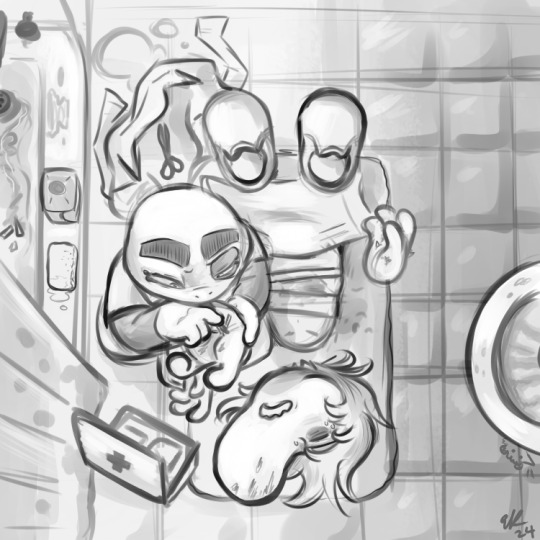
Why are you risking this ? He asked himself, gulping, feeling a strange and empathetic twist in his stomach. Why? Why your enemy? This was not what assassins did, not remotely--
Because...he saved your life.
Isn’t that enough?
- Chapter 4, "The Seed"
------
Drew a scene from @y2kbugs' A Seed of Hope fic
Treating someone in the bathroom--the strategic towel isn't in the fic, but it's here for courtesy 😉
I'm not apologizing for the grody toilet, the guy who lives there probably doesn't even own a scrub brush.
403 notes
·
View notes
Text




Four realms. Four eras. One story.
I miss these guys 🥀♥️ This season made me so emotional
#im very attached to my moth season#if you couldn’t tell#oh my god i havent posted art in a minute#sorryyyy my laptop was dead for like a week and work has been exhausting#this traditional + digital style was fun tho#sky cotl#sky cotl fanart#sky children of the light#skyblr#thatskygame#mine#my art#season of aurora#running wayfarer#mindful miner#warrior of love#seed of hope
207 notes
·
View notes